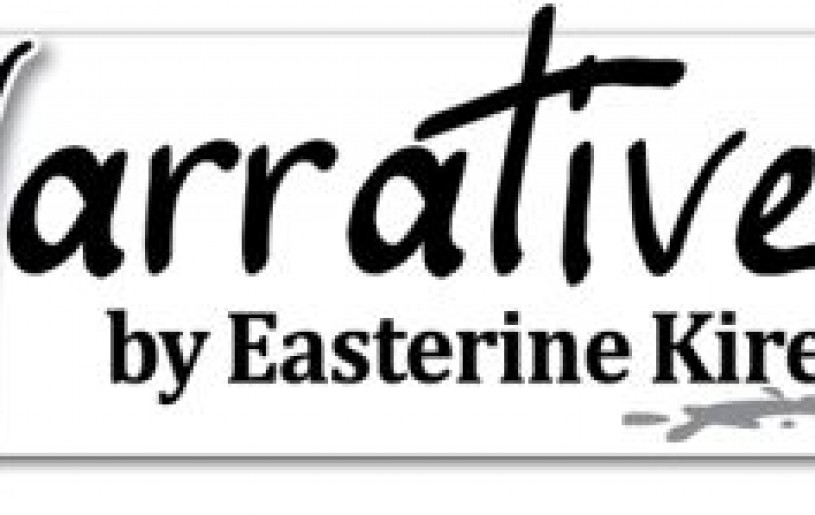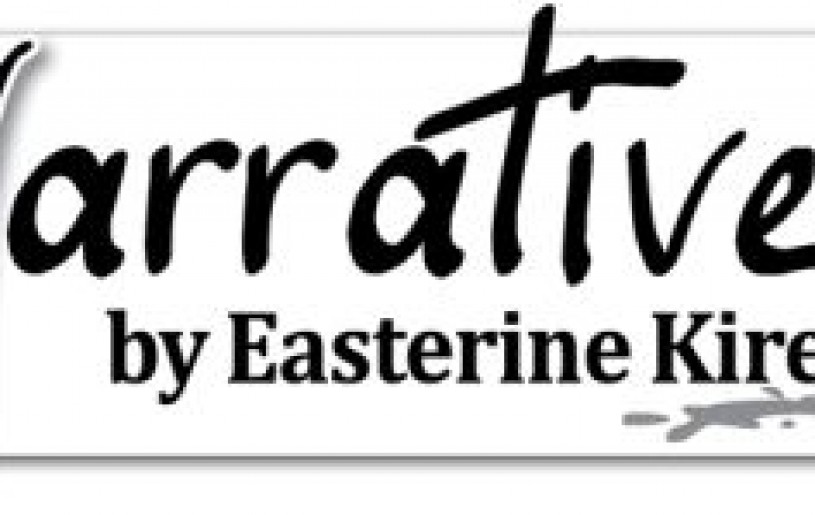
Whenever I see this adage it reminds me of the way we were raised as children in our society. I’m so grateful for a wonderful childhood growing up in Kohima in the sixties surrounded by family and good friends. Ours was a sprawling household of many cousins living under my grandfather’s roof. Older cousins took care of younger cousins, that was not the exception, that was the rule.
I owe my education to my cousin Marion who was our surrogate mum. She worked as a teacher at the Baptist English School by day and after school supervised all our schoolwork. I can still remember spending Saturday mornings locked inside Grandfather’s library and being forced to study for two hours before being allowed out to play.
It was entirely natural for older members of the family or clan or village to assume a parenting role. I grew up with three mothers, one of whom was my biological mother and the other two the sisters of my mother. I know that people growing up in the same era would understand this very well. These mothers had every right to scold us, teach us matters of life and adolescence and at the right periods of our young lives, they were allowed to spoil us too.
“People don’t do that, people don’t say that” they would teach us and the awareness of correct social behaviour was instilled firmly into our impressionable minds by their teaching. At the same time, it was not a rigid discipline that was inflicted upon us. We were taught by teachers who had themselves experienced the same level of tolerance and patience that their elders displayed. An erring child could not escape for very long. An adult would sooner or later reprimand him and bring him back to the fold. (In the nineties, a University teacher lamented the fact that an elderly Naga had not reprimanded young schoolboys smoking near his shop). Things are changing now, it is true, but we don’t have to give up all the old ways.
Our way of bringing up children was very similar to the native American Indians. They outdid us because they would never beat their children but they let an erring child know that antisocial conduct would make them outcasts in society. What a marvellous method of bringing up a child.
In our household, the older ones taught the younger members diverse life skills. I did not need a football coach. My big brother taught me to be a goalkeeper. “Dive! Dive!” he shouted as the ball came flying at my face. I dived and caught the ball and fell, and my cheek made contact with the gravelly ground. The next two days my cheek was bloody and red but my brother’s praise for my goalkeeping skills was balm to my wounds. All of us proudly displayed our football scars to each other. They were our ‘war wounds.’ That was another side of childhood: we were very proud of our many scars and the scars told stories of the adventures we had had. But that is for another telling.
Cousin brother Atuo Mezhür taught me to ride a bicycle. He would hold the cycle steady from the back, and shout instructions which I tried very hard to follow. Cyclists will tell you the first yards that you take on your own are the most thrilling. On the third day, my cycle and I went off at break-neck speed and catapulted ourselves into a brambly patch, from which cousin Atuo rescued me and assured me that I had managed the last yards completely on my own. These and various lessons of life, I owe to my older siblings and extended family. I know that in today’s world, I can’t earn a livelihood riding a bicycle or playing goalkeeper, but the memories are treasures I wouldn’t be without. And I am privileged to have been raised by many hands.
And now back to the adage: indeed it takes a small village to raise a child. And there is joy when a village raises a child. There is meaning when a village raises a child. That child will know its place in the society and, by and by, it will contribute to the life of the village in healthy ways. I know a son of the village of Jakhama who gives free tuition to young ones in the village schools. The results of his hard work have been very rewarding. I know of a young woman in another village who arranges tuition sessions with youngsters in her neighborhood. These young men and women raised in villages know how to give back by giving to those who follow in their footsteps. When we live this adage out, our villages can raise again children worthy of the villages they come from.






